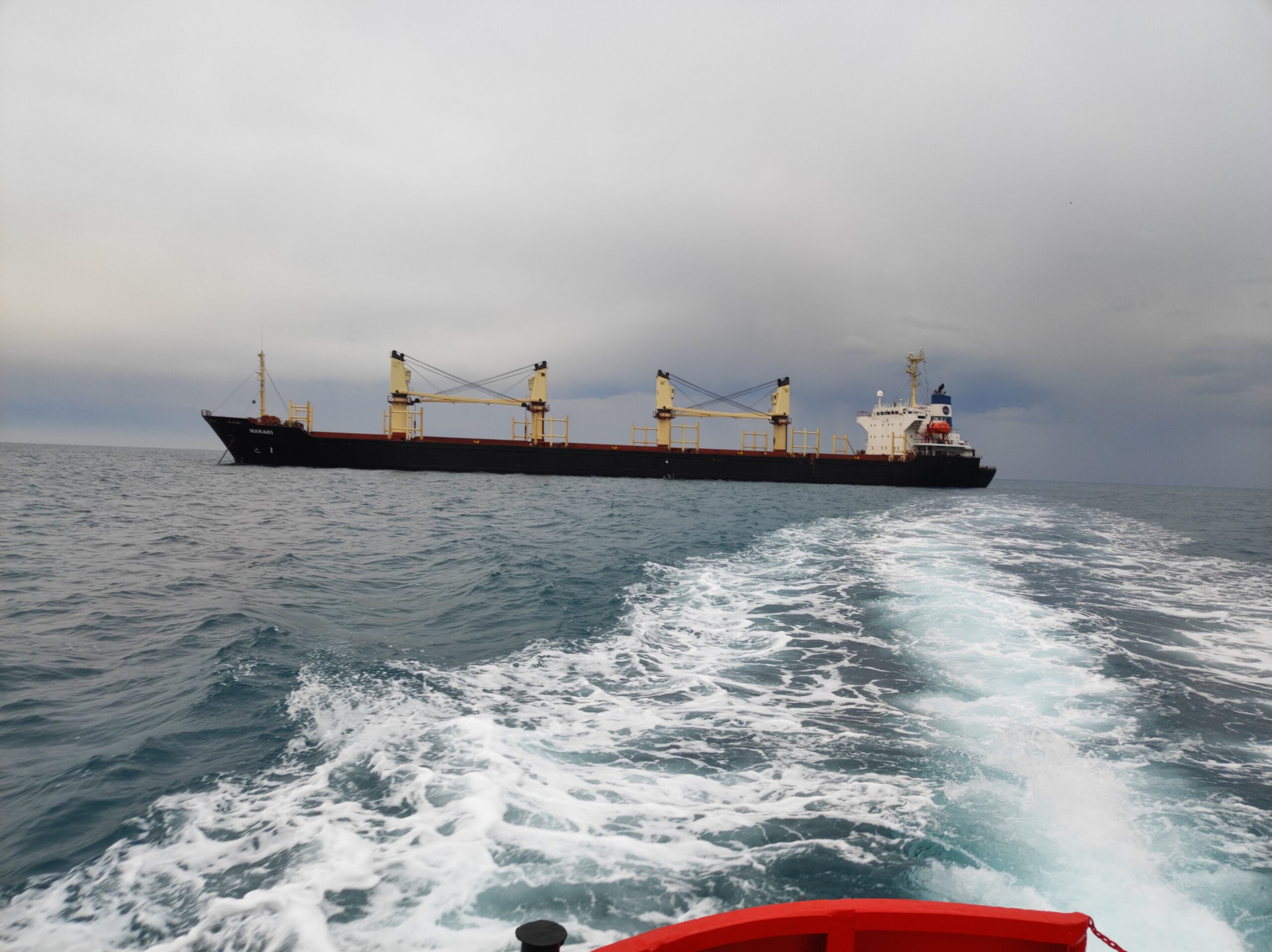Deadfreight in Shipping: Definition, Calculation & Key Clauses
Deadfreight is a compensation payment made by charterers to shipowners when they fail to load the agreed cargo quantity specified in the charter party. This ensures shipowners recover lost revenue from unused cargo space.
Key Concepts
1. When Does Deadfreight Apply?
- Cargo Shortfalls: Charterer loads less than the agreed capacity (e.g., 4,000 tons instead of 5,000 tons).
- Lump Sum Exceptions: Irrelevant if freight is a fixed lump sum (charterer pays regardless of cargo volume).
2. Deadfreight Rate
- Fixed Rate: Specified in forms like ASBATANKVOY (e.g., $10/ton).
- Unliquidated Claims: Under GENCON 1994, calculated as freight lost – saved costs.
- Cargo Range Clauses: Minimum quantity binds (e.g., 50,000–55,000 MT → 50,000 MT is the baseline).
How to Calculate Deadfreight
Formula
Deadfreight = (Agreed Cargo – Actual Cargo) × Freight Rate
Example
| Metric | Value |
|---|---|
| Agreed Cargo | 5,000 MT |
| Actual Cargo Loaded | 4,000 MT |
| Freight Rate | $20/MT |
| Deadfreight Owed | $20,000 |
Deadfreight Calculator Tool
Input the following to estimate compensation:
- Agreed Cargo (tons): Minimum contractual quantity.
- Actual Cargo Loaded (tons): Quantity shipped.
- Freight Rate (USD/ton): Per-ton rate from the charter party.
Output: Instant deadfreight amount.
(Note: Tool streamlines claims, reduces disputes, and ensures transparency.)
Deadfreight Calculator
Deadfreight Clauses in Charter Parties
Four Critical Provisions
- Definition: Clear criteria for cargo shortfalls.
- Freight Rate: Fixed or formula-based compensation.
- Payment Terms: Deadline and method (e.g., within 30 days post-voyage).
- Notification: Charterer must inform of cargo shortages promptly.
Why Deadfreight Matters
- Shipowner Protection: Recoups lost revenue from underutilized vessels.
- Charterer Accountability: Encourages accurate cargo planning.
- Legal Clarity: Reduces disputes via predefined clauses.
FAQ: Deadfreight Essentials
Q: Is deadfreight applicable if cargo is damaged?
A: No—deadfreight applies only to undelivered cargo, not damaged goods.
Q: Can charterers avoid deadfreight?
A: Yes, by meeting minimum cargo quotas or negotiating flexible charter terms.
Q: How is deadfreight enforced legally?
A: Through charter party clauses; disputes resolved via arbitration or litigation.
Conclusion: Minimizing Deadfreight Risks
- For Shipowners: Draft clear clauses with fixed rates (e.g., ASBATANKVOY).
- For Charterers: Accurately forecast cargo volumes and communicate delays.
- For Brokers: Use deadfreight calculators to streamline claims.
Need Charter Party Review? Consult Our Maritime Legal Experts




